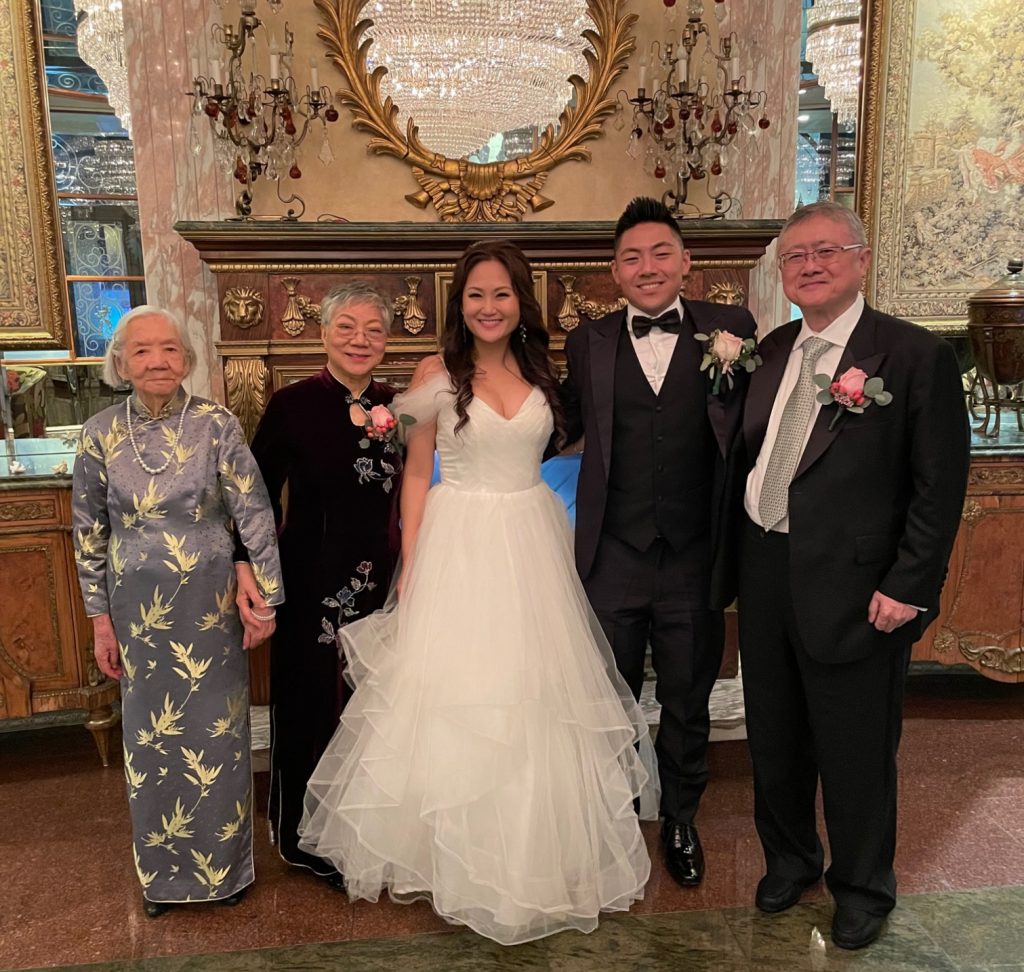1. Can Shoplifting Affects a Citizenship?
I had a case of shoplifting in Aug 2015, I was arrested and detained for 2 days in the county detention facility, my charge was a misdemeanor class B ($50-750) I participated in a program called retail theft pretrial intervention and I obtained a dismissal from my case in May 2016. In January 2022 I applied for my American citizenship and I am waiting for my interview. I’m a little nervous because I certainly don’t know how this can affect me when it comes to being interviewed?! I obtained my permanent residence in 2017 and since that date I have only had two traffic tickets also dismissed by the court. I don’t know whether to mention these tickets during my interview?! I also don’t know if the program in which I participate is any of the programs mentioned in the N400 in part 12. I feel a little distressed about my background. What I need to do?
Mr. Lee answers,
In your fact situation, your case of shoplifting was in August 2015, well over five years old by the time that you applied for your citizenship in 2022. I also note that you said that you received your permanent residence in 2017, and I assume that you disclosed the shoplifting offense in your immigration application papers. The period of good moral character is five years, and this should not be held against you. I suggest, however, that you obtain a certified copy of the court disposition to take with you to the interview if you have not already presented it as part of your naturalization application. On your other questions, I do not believe that pretrial intervention and dismissal qualify as one of the programs mentioned in part 12, item 26, if you did not have to make an admission of guilt. Also you should mention the traffic tickets as item 23 of the same part asks whether you have ever been cited, and a traffic ticket is a citation.
2. What Will Happen to a Child’s (18 years old) Derivative Immigration Visa Status If His Principal Immigration (Parents) Do not Maintain Green Card?
My elder brother will get immigration visa (F4) his son / wife will get the derivative immigration visa as well. He might have to go back and won’t be able to maintain his green card / permanent residence in USA. His Son wants to stay and do his bachelors and pursue a career in USA. Can his son stay in USA with Green card without his parents staying in USA?
Mr. Lee answers,
An applicant who is sponsored for immigration has an obligation to make the US the country of permanent domicile. Failure to at least initially come and establish a permanent residence in the US (spending a period of time initially in the States) makes the green card statuses of the dependents insecure and subject to challenge. If your brother first enters the US and stays here for a period of approximately six months, it would make it much harder for DHS to challenge the dependents’ statuses even if your brother’s green card is taken away at some later point for no longer maintaining status.
3. Class 3 Misdemeanor – Speeding. Will it Affect my H-1B?
I received a criminal speeding ticket in AZ a few days back. Just speeding and nothing else. Its a class 3 misdemeanor speeding ticket. I’ve hired a lawyer and planning to contest it. Will a speeding misdemeanor affect job opportunities like during background checks? Will it affect my H1B?
Mr. Lee answers,
I do not practice criminal law, but in googling criminal speeding in Arizona, it appears that excessive speeding is traveling at more than 20 mph over any speed limit in the state, and that it is a class III misdemeanor for which the maximum penalty is 30 days in jail, a $500 fine plus an 83% surcharge and up to one year of probation. Those are pretty hefty penalties for what does not appear to be a big crime. That being said, I do not know whether having the misdemeanor on your record will reduce your chances of obtaining a good job opportunity. However, such should not affect your H-1B status as it does not appear to be a Crime Involving Moral Turpitude (CIMT), which is usually the line used to determine whether DHS should begin to become involved. I note that visas have an element of discretion, even H-1B’s, and if you had to or wish to obtain a visa in your passport, the incident could result in a consular officer looking harder at your application, especially if there is a finding of guilt.
4. H-1B Visa
I am currently living in the USA on H4 visa on my wife’s H1B visa. While our green cards are in process, she has no EAD for me to work. I have previously worked on L1A in the USA and did a change of status from L1A to H4 visa. While we are waiting to have my wife’s PWD approved, I have been contacted by companies to interview. A company is willing to sponsor my H1B visa. (never been on H1B in the US) I am trying to understand – when can the company file for my H1B petition – is it only in March/April ? Can they put any start date or is it always Oct 1 of the same year? As far as I know, fresh applicants apply for lottery in Mar/Apr and then they work on H1B from Oct1 – most of them have an interim visa that allows to work between those periods. I do not have an interim work permit – what are my options?
Mr. Lee answers,
Unless the organization that is interested in hiring you is cap exempt (institution of higher education, nonprofit organization affiliated with an institution of higher education, nonprofit research organization, or governmental research organization), it must go through the selection process to hire H-1B workers. Such involves registering the company and possible candidates in March, after which USCIS will announce the selectees in the last week of March, and allow H-1B visa petitions to be filed beginning in April for work to begin in October assuming that petitions are approved in time. A few options to consider are searching for a cap exempt organization, applying for O-1 extraordinary alien status if you are extraordinary, or working under H-4 if your wife is able to obtain an I- 140 approval.


